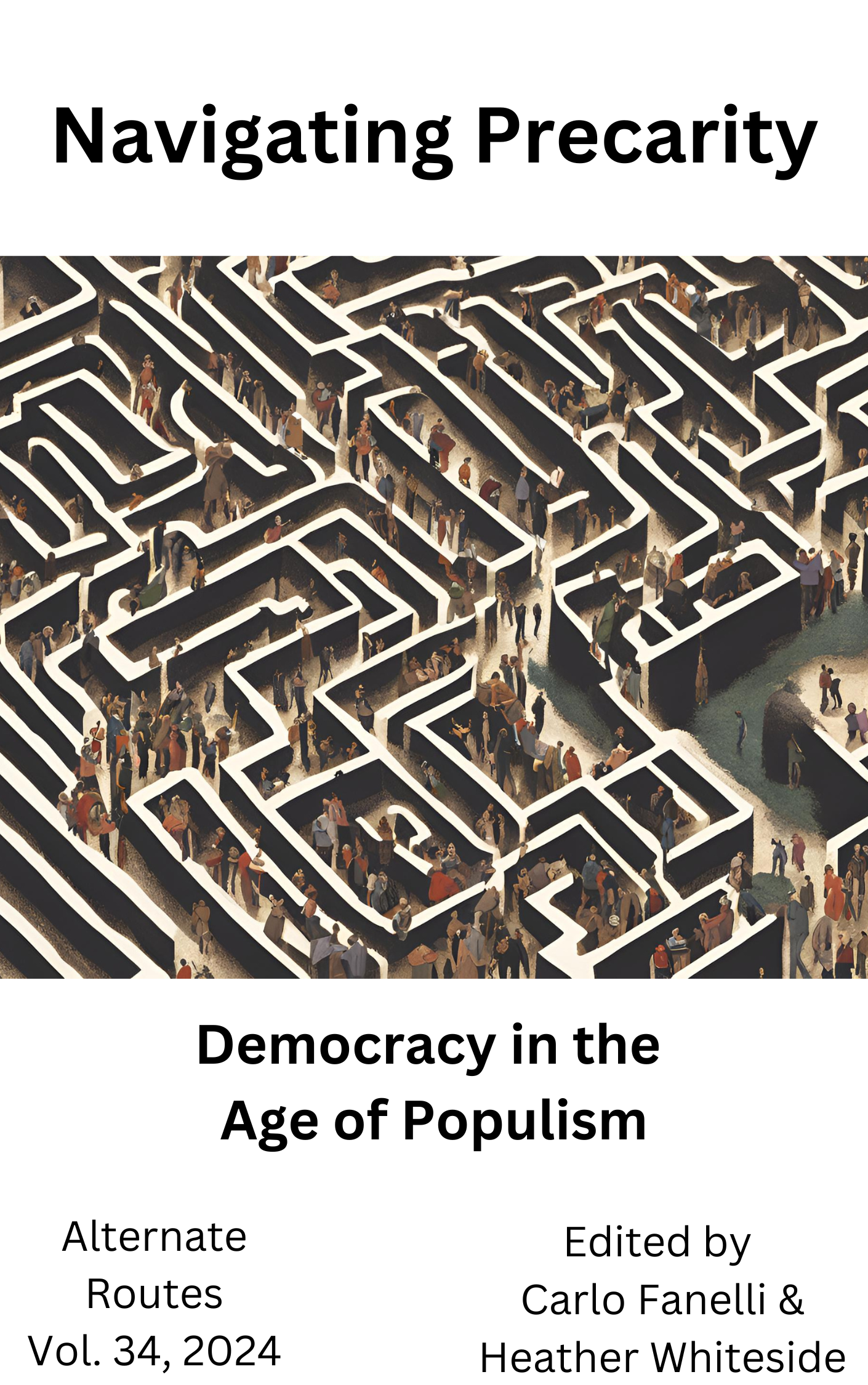Pursuing the Unachievable: Examining Worker Burnout in Ontario’s Public Employment Services
Abstract
This paper utilizes the job demands–resources (JD-R) model to examine how the neoliberal governance of Employment Ontario (EO) contributes to worker burnout. The work of Employment Ontario specialists is governed by neoliberal policies, which are an apparatus of austerity politics mechanized through New Public Management (NPM). NPM places a strong emphasis on performance management, quantitative targets and the marketization of public services. This paper demonstrates how these neoliberal policies contribute to worker burnout in public employment services (PES). EO specialists who deliver PES, are tasked with helping vulnerable jobseekers quickly re-enter the paid labour force regardless of systemic barriers, which this study has revealed as a largely unachievable pursuit within a neoliberal market environment. Utilizing data from thirty-two interviews, our analysis indicates that EO workers/specialists experience burnout due to unreasonable job demands and a lack of sufficient resources, which inhibit their ability to meaningfully support vulnerable jobseekers. Having identified time pressures, work overload, lack of training and development opportunities and job insecurity as some of the stressors experienced by EO specialists, we conclude that prolonged exposure to these stressors leads to burnout.
Downloads
Published
How to Cite
Issue
Section
License
Copyright (c) 2024 Alternate Routes: A Journal of Critical Social Research

This work is licensed under a Creative Commons Attribution-NonCommercial-NoDerivatives 4.0 International License.
Articles are published in Alternate Routes: A Journal of Critical Social Research under the Creative Commons "Attribution/Non-Commercial/No Derivative Works" Canada licence.
The copyright for the articles published in this journal is retained by the authors, with first publication rights granted to the journal. By virtue of their appearance in this open access journal, articles may be used, with proper attribution, in educational and other non-commercial, not-for-profit settings. The submission of a manuscript to Alternate Routes will be taken to mean that the author understands and agrees to the following:
- the manuscript represents original work not previously published;
- the manuscript is not being considered elsewhere for publication in the same language (publication elsewhere in an alternate language does not preclude acceptance of submission to Alternate Routes);
- appropriate written copyright permissions have been secured for republication of any copyrighted material contained in the manuscript;
- copyright for this article is retained by the author, with first publication rights granted to Alternate Routes;
- by virtue of its appearance in this open access journal, it is understood that the article is freely available for use, with proper attribution, for educational and other non-commercial purposes;
- reuse of the article for commercial purposes by anyone other than the author requires permission of the author;
- the author agrees to cite Alternate Routes as a source whenever h/she later republishes or reuses the article in other platforms.


